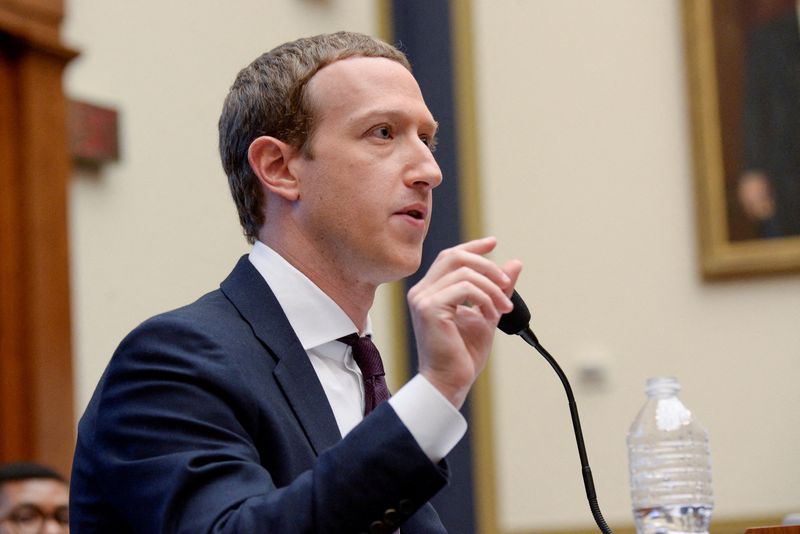(Reuters) - Meta Platforms Inc cut the prices of its virtual reality headsets in hopes of stirring demand for its VR hardware, as its bold bets on the metaverse have struggled to make a big splash.
Its flagship Meta Quest Pro will retail for $999, down from its launch price of $1,499, and Quest 2 256 GB version for $429 from $499, Chief Executive Mark Zuckerberg said in a broadcast on its social media platform Instagram on Friday.
The company called out lower Quest 2 sales as the reason behind a 17% drop in fourth-quarter revenue at its Reality Labs unit, which includes VR-related offerings.
The division lost $13.7 billion last year and over $10 billion in 2021.
Meta is facing heat from investors for pouring money into metaverse that has not reaped benefits as expected.
Late last year, the company launched Quest Pro, positioning it as its most-advanced VR headset with capabilities to push the use-cases further.
Quest Pro, with its outward-facing cameras that capture 3D livestream of the physical environment and allow novelties like the ability to hang virtual paintings on a real-world wall, was aimed at designers, architects and other creative professionals.
Meta has of late sobered its stand on the metaverse and is focusing on saving costs. The company called 2023 as the "Year of Efficiency" and projected billions in cuts to its spends this year.

While VR headsets have added more advanced capabilities of late, their adoption outside of the gaming community has been slow.
Last month, Tencent (HK:0700), the world's largest video game publisher, shelved plans to venture into VR hardware, while it has been in talks to distribute Meta Quest line of products in China.